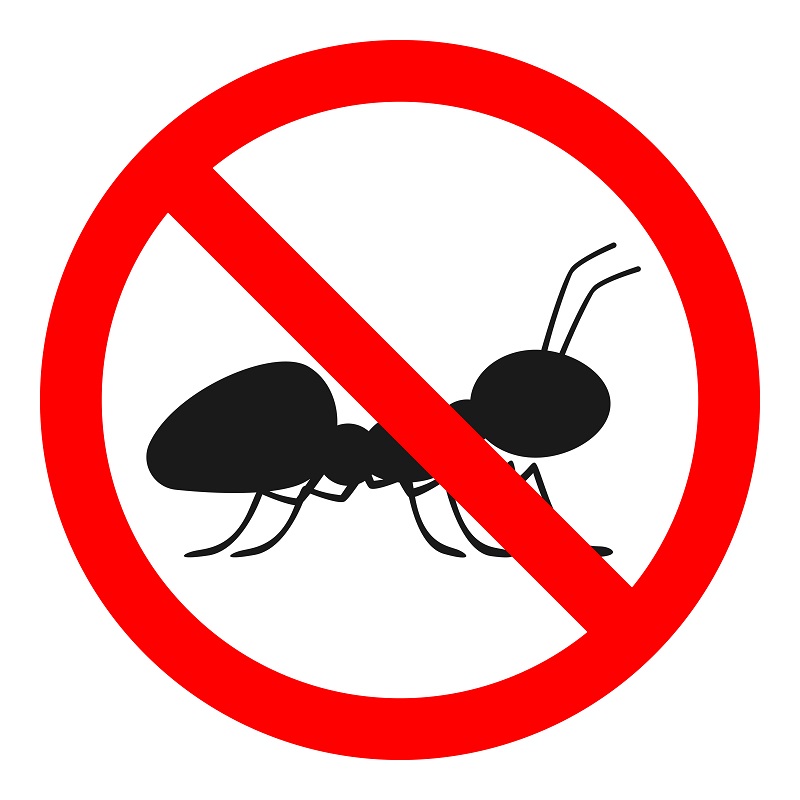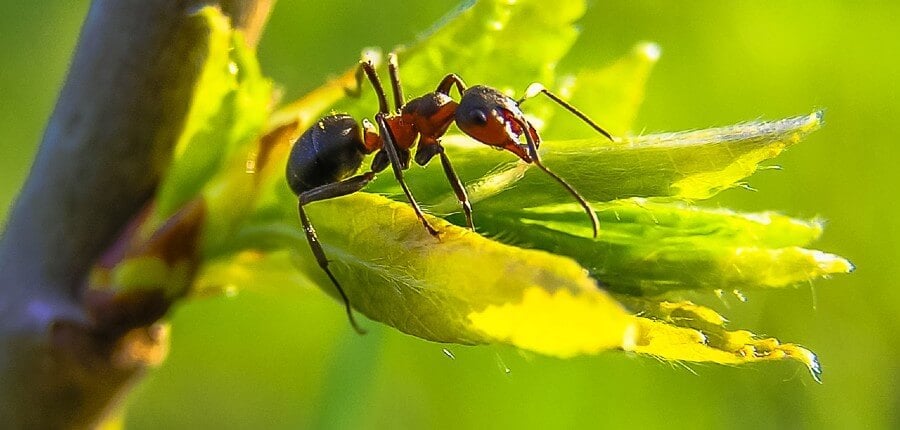Advanced Termite Control: Proven Approaches for Eliminating Termite Infestations
Advanced Termite Control: Proven Approaches for Eliminating Termite Infestations
Blog Article
Ecological Influence of Insect Control: Harmonizing Performance With Sustainability
The ecological impact of insect control is a crucial issue that requires a fragile equilibrium between attaining performance in managing bugs and guaranteeing sustainability of our ecosystems. From the use of harmful chemicals that leak into our soil and water to the unintentional repercussions on non-target types, the effects of conventional pest control practices are far-ranging.
Harmful Chemicals in Pest Control
The use of dangerous chemicals in bug control presents considerable environmental and wellness dangers that warrant careful factor to consider and reduction methods. Herbicides, pesticides, and insecticides are typically utilized to remove parasites, however their extensive application can lead to unplanned repercussions. These chemicals can pollute soil, water resources, and the air, impacting not only the targeted pests but likewise valuable bugs, wildlife, and people.

To address these risks, incorporated parasite administration (IPM) strategies are being advertised as a much more sustainable alternative. IPM involves a mix of approaches such as organic control, habitat control, and the targeted use of chemicals as a last hotel (ant control huntersville nc). By embracing a holistic strategy to pest control, we can reduce the environmental and wellness influences connected with dangerous chemicals while efficiently taking care of pest populations
Effect On Non-Target Types
Thinking about the unintended effects of insect control approaches, the effect on non-target varieties is an important element that requires detailed assessment. While parasite control steps intend to target details pests, various other microorganisms in the community might be inadvertently influenced. Non-target types, including beneficial bugs, birds, creatures, and also plants, can endure indirect or direct damage from chemical applications or biological control approaches.
Chemicals can have sub-lethal or dangerous impacts on non-target types. Insecticides made to fight a specific bug parasite might damage pollinators like or natural killers such as ladybugs. In addition, chemical residues can build up in the environment, influencing non-target organisms gradually. Biological control agents, if not species-specific, can present threats to unplanned targets, interfering with the environmental balance.
To reduce the impact on non-target varieties, incorporated pest management (IPM) strategies that emphasize a holistic approach to pest control are suggested. These methods prioritize the use of eco pleasant methods, reducing harm to useful microorganisms while effectively taking care of pest populaces. Carrying out thorough ant control forest nc threat analyses and monitoring the outcomes of parasite control efforts are vital action in protecting non-target types and advertising overall ecosystem health and wellness.
Soil and Water Contamination
Unplanned ecological effects of insect control methods prolong beyond influencing non-target types, with significant effects for soil and water contamination - termite control services. Pesticides, herbicides, and chemical fertilizers made use of in insect control can seep right into the dirt and contaminate groundwater, positioning a danger to both terrestrial and aquatic ecosystems.
Water contamination is one more vital problem associated with parasite control practices. To mitigate dirt and water contamination from bug control activities, incorporated bug administration methods that focus on sustainability and reduce chemical inputs are essential.
Air Air Pollution From Chemical Use
Direct exposure to airborne chemicals during farming applications postures a significant worry for air contamination control measures. When pesticides are splashed onto crops, they can volatilize right into the air and form volatile natural compounds (VOCs) and various other airborne contaminants. These chemicals can add to the formation of ground-level ozone, a significant component of smoke that can have harmful results on human health and wellness, plant productivity, and total air quality. In addition, pesticide drift, where pesticides are brought by the wind to unintended areas, can bring about the contamination of nearby ecosystems and water bodies.

Methods for Lasting Parasite Control
In the world of farming techniques, implementing sustainable bug control approaches is paramount for maintaining ecological balance and safeguarding crop yields. Sustainable pest control highlights the usage of eco pleasant techniques to handle parasite populations effectively while decreasing injury to non-target microorganisms and ecosystems. Integrated Pest Management (IPM) is a widely adopted approach that incorporates organic, cultural, physical, and chemical control methods to achieve long-term pest management remedies.
One trick method in sustainable insect control is advertising biodiversity within agroecosystems. By improving natural opponents of bugs, such as parasitoids and predators, farmers can lower the demand for synthetic pesticides. Plant turning and diversity are likewise effective strategies to interrupt pest life process and produce less favorable problems for insects to thrive. In addition, utilizing pest-resistant crop varieties and using methods like trap chopping can help lower insect pressure without relying greatly on chemical treatments. Inevitably, by integrating these lasting pest control strategies, farmers can accomplish a balance in between pest management efficiency and environmental stewardship.
Verdict
Finally, the environmental influence of pest control techniques have to be thoroughly taken into consideration to stabilize effectiveness with sustainability. Damaging chemicals made use of in pest control can cause dirt and water contamination, air contamination, and injury non-target species - ant control services. It is critical to execute sustainable bug control methods to decrease these adverse results on the environment and advertise a much healthier ecosystem for future generations
By adopting a holistic method to pest control, we can lessen the ecological and health and wellness effects associated with damaging chemicals while successfully handling pest populaces.

To mitigate the air contamination caused by pesticide usage, it is important to embrace incorporated insect monitoring strategies that prioritize the usage of non-chemical parasite control methods, such as plant turning, all-natural predators, and resistant plant varieties. Lasting pest control emphasizes the use of eco pleasant methods to handle bug populaces properly while minimizing damage to non-target microorganisms and ecological communities. Integrated Pest Administration (IPM) is a commonly taken on strategy that integrates biological, cultural, physical, and chemical control methods to achieve long-lasting insect administration options.
Report this page